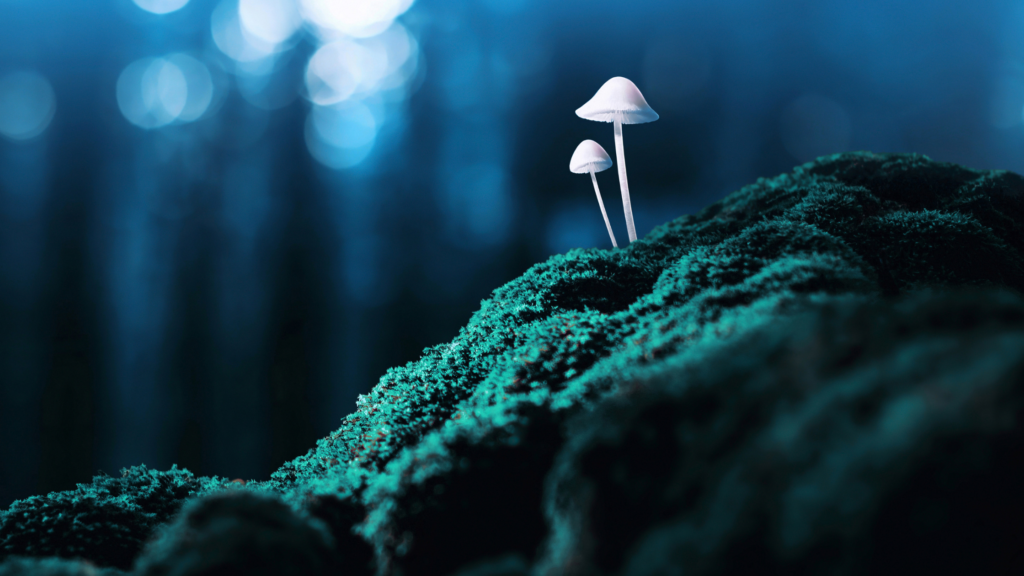The rise of psychedelic churches refers to the growing trend of spiritual communities and organizations that incorporate the use of psychedelic substances, such as psilocybin (found in “magic mushrooms”), ayahuasca, and DMT, into their religious practices and beliefs. These communities believe that these substances can help individuals achieve a higher state of consciousness, connect with the divine, and experience personal growth and healing. The trend is a recent development and is still considered controversial by many traditional religious organizations and governments.
These churches and spiritual communities are challenging traditional religious norms and conventions and generating a lot of discussion and debate among religious leaders, government officials, and the general public. While some people are open to this new form of spirituality and see it as a positive development, others are concerned about the risks and dangers associated with the use of psychedelics and view it as a threat to established religious institutions.
On the other hand, critics of psychedelic churches argue that the use of psychedelics can be dangerous, especially in inexperienced hands, and can lead to negative consequences, such as anxiety, paranoia, and psychotic episodes. They also point out that the effects of these substances can be unpredictable and that there are potential long-term risks associated with their use.
Despite these debates, the psychedelic church movement continues to grow, as more and more people are seeking new and alternative ways to connect with the spiritual realm and find meaning and purpose in their lives.
